Image source : https://www.studymarathon.com/daily-news-en/global-climate-risk-index-2021/
The Germanwatch Global Climate Risk Index is an analysis based on one of the most reliable data sets available on the impacts of extreme weather events and associated socio-economic data, the MunichRe NatCatSERVICE.
The Global Climate Risk Index indicates a level of exposure and vulnerability to extreme weather events, which countries should understand as warnings in order to be prepared for more frequent and/or more severe events in the future. The index focuses on extreme weather events such as storms, floods and heat waves but does not take into account important slow-onset processes such as rising sea levels, glacier melting or ocean warming and acidification. It is based on past data and is not be used as a basis for a linear projection of future climate impacts, etc. The index analyses and ranks to what extent countries and regions have been affected by impacts of climate-related extreme weather events, their level of exposure and vulnerability.
The Climate Risk Index (CRI) report 2021 is the 16th edition of the annual report and has taken into account the data available from 2000 to 2019. Data from 180 countries were analyzed. The key findings of the report are as under:
- Storms and their direct implications i.e. precipitation, floods and landslides, were one major cause of losses and damages in 2019. Of the ten most affected countries in 2019, six were hit by tropical cyclones.
- Developing countries are particularly affected by the impacts of climate change. They are hit hardest because they are more vulnerable to the damaging effects of a hazard but have lower coping capacity. Eight out of the ten countries most affected by the quantified impacts of extreme weather events in 2019 belong to the low- to lower-middle income category. Half of them are Least Developed Countries.
- Mozambique, Zimbabwe and the Bahamas were the most affected countries by the impacts of extreme weather events in 2019, followed by Japan, Malawi and the Islamic Republic of Afghanistan.
- India ranked as the seventh worst-hit country in terms of climate change in 2019. In 2019, the monsoon conditions continued for a month longer than usual, with the surplus of rain causing major hardship. The floods caused by the heavy rains were responsible for deaths across 14 states in India and led to the displacement of 1.8 million people. Furthermore, with a total of eight tropical cyclones, the year 2019 was one of the most active Northern Indian Ocean cyclone seasons on record. Six of the eight cyclones intensified to become “very severe”. The worst was Cyclone Fani in May 2019 which caused widespread devastation.
- Altogether, between 2000 and 2019, over 475 000 people lost their lives as a direct result of more than 11,000 extreme weather events globally and losses amounted to around US$ 2.56 trillion (in purchasing power parities).
- The global COVID-19 pandemic has reiterated the fact that both risks and vulnerability are systemic and interconnected. It is therefore important to strengthen the resilience of the most vulnerable against different types of risk (climatic, geophysical, economic or health-related).
- Signs of escalating climate change can no longer be ignored on any continent or in any region.
- Effective climate change mitigation and adaptation is required to prevent or minimize potential damage in the self-interest of all countries worldwide.
Efficacy /Importance:
The Climate Risk Index (CRI) can help to assess the vulnerability of the county to extreme climatic events. It can help countries to understand the patterns of climatic events and develop proper warning systems and management practices in order to be prepared for more frequent and/or more severe climatic events in the future. It can also help investors to assess the risks to their investments in countries due to climatic events.
– Dr. Anuradha Bajpayee,
Senior Manager (Env), CO
References:
-
Germanwatch. Jan. 2021. GLOBAL CLIMATE RISK INDEX 2021: Who Suffers Most from Extreme Weather Events? Weather-Related Loss Events in 2019 and 2000-2019.
-
Earth Observatory. 2019. Unusual Monsoon Season Causes Flooding in India. Available at https://earthobservatory.nasa.gov/images/145703/unusual-monsoon-season-causes-flooding-in-india
-
The Weather Company. 2020. Throwback to a Stormy Year: A Look at the 8 North Indian Ocean Cyclones of 2019. Available at https://weather.com/en-IN/india/news/news/2020-01-03-stormy-year-8- north-indian-ocean-cyclones-2019.











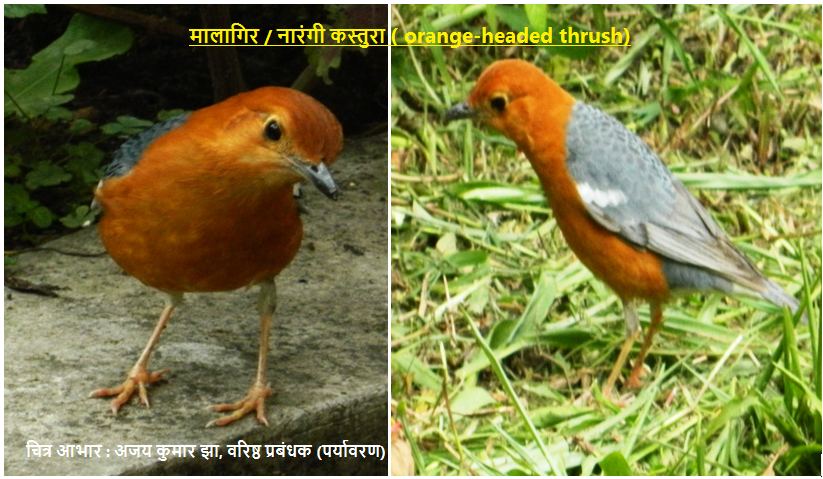






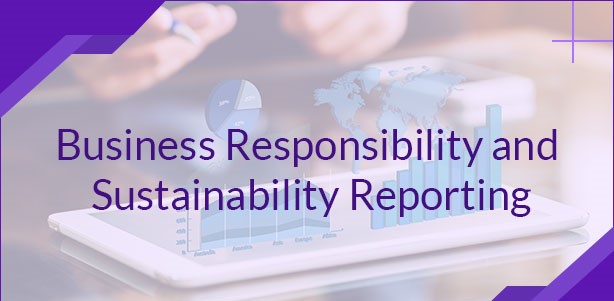

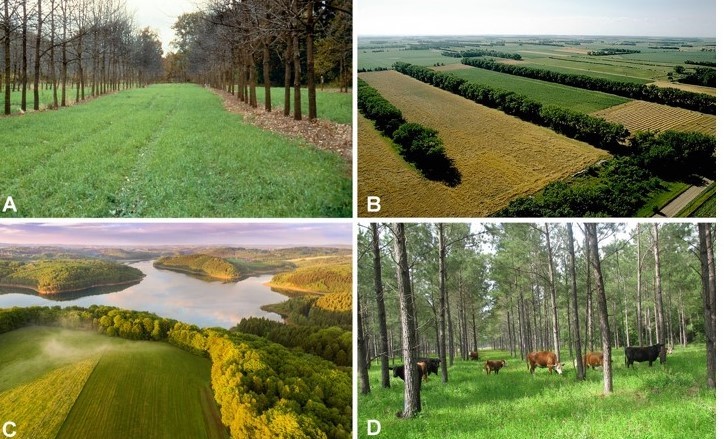



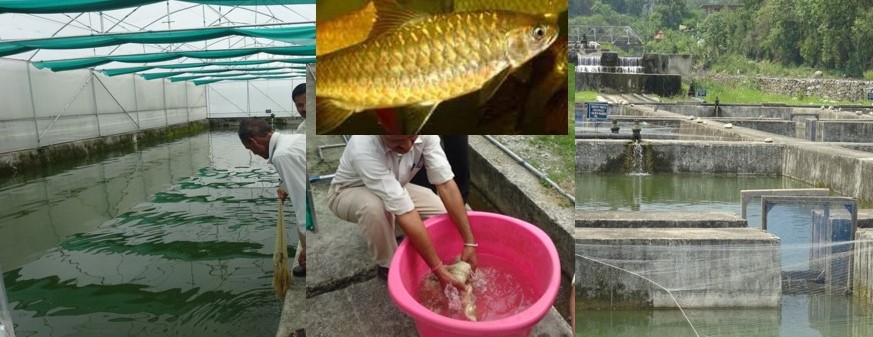







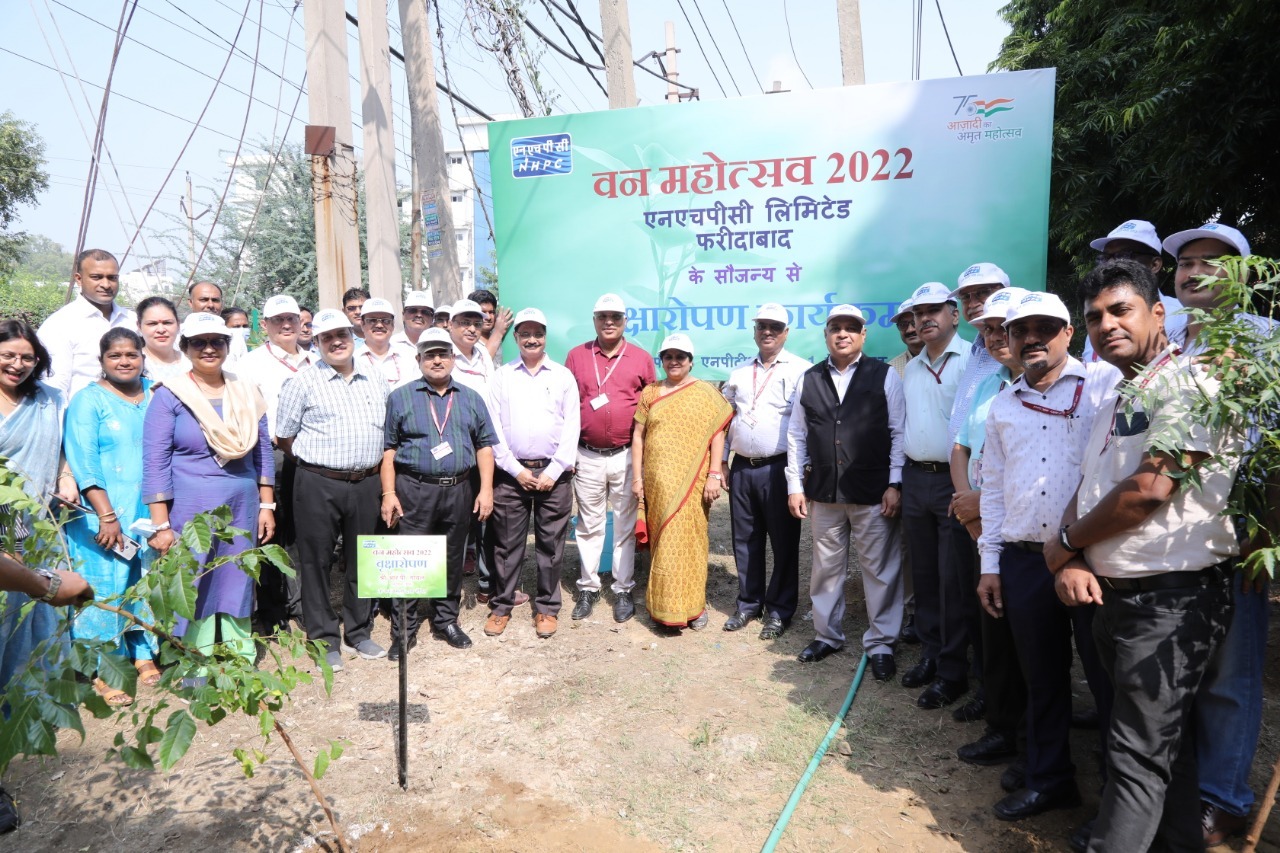


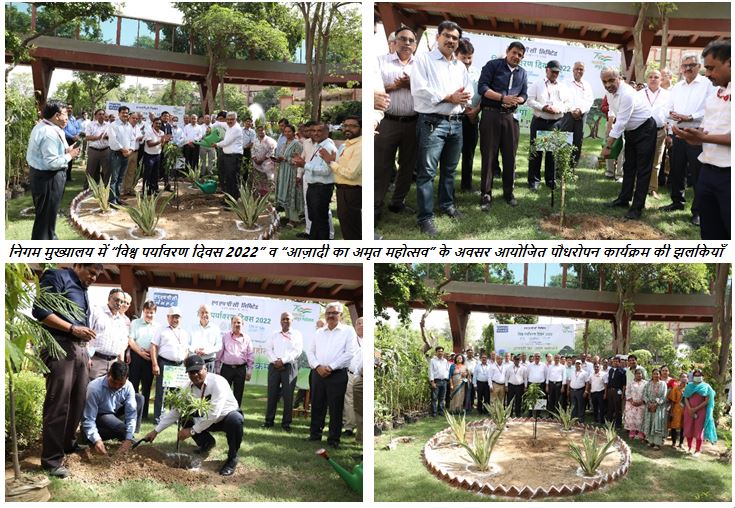











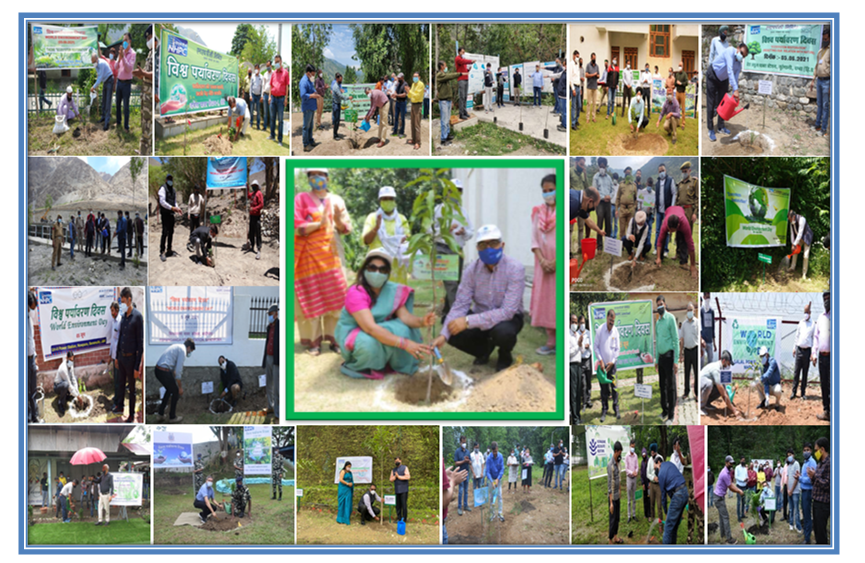

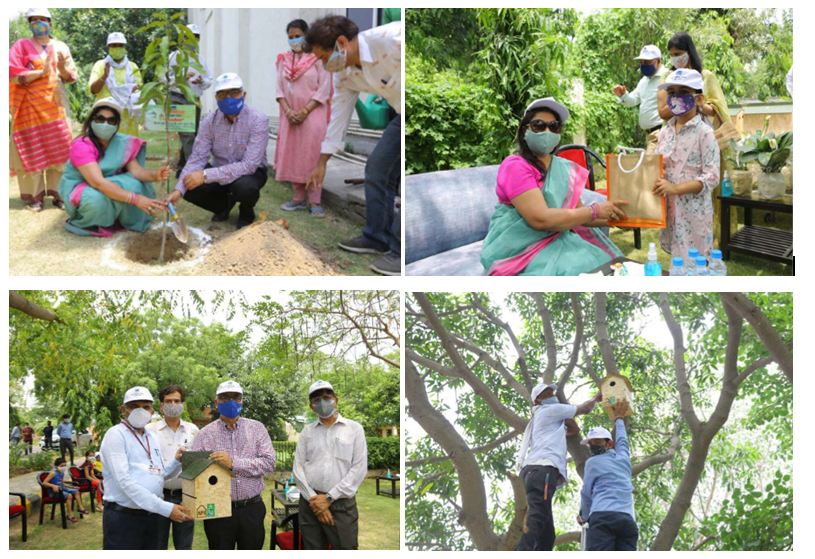















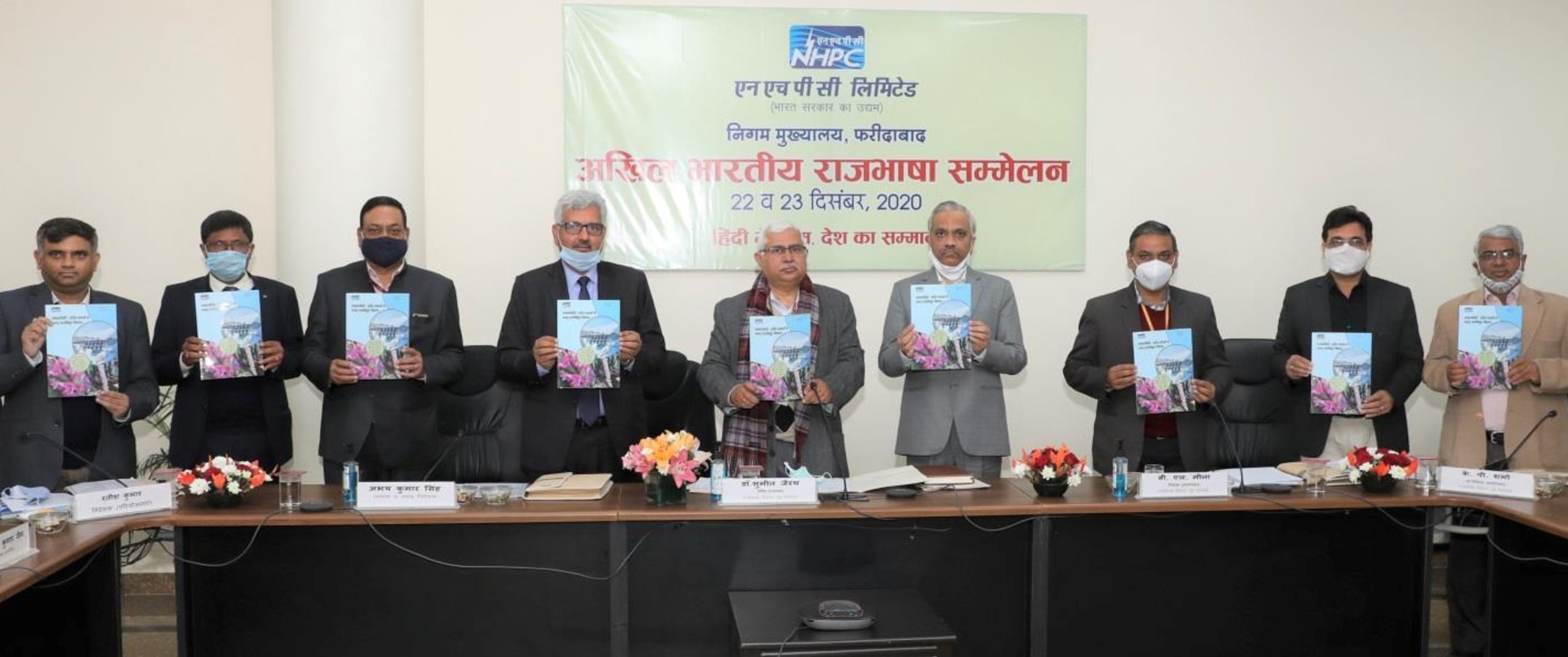










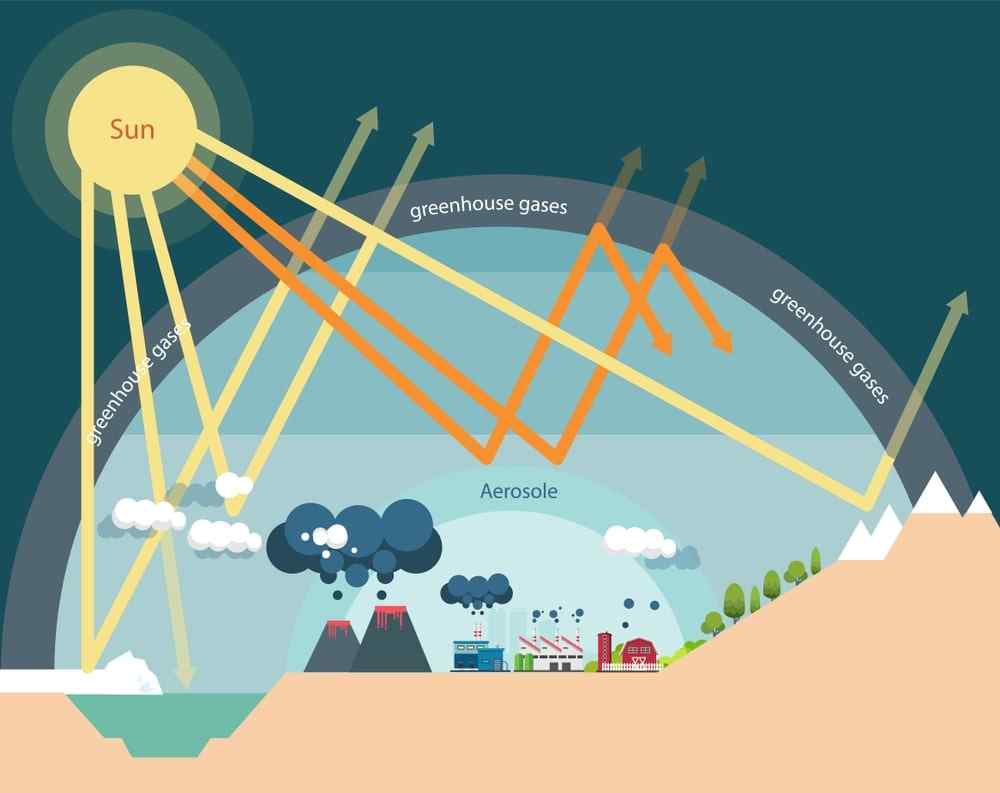








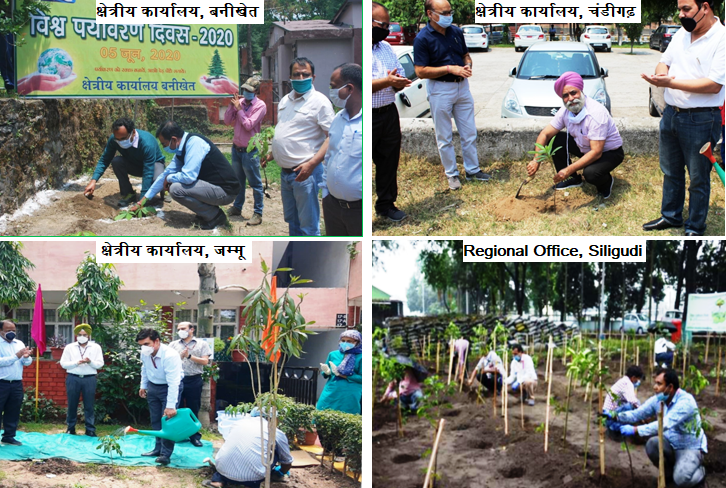
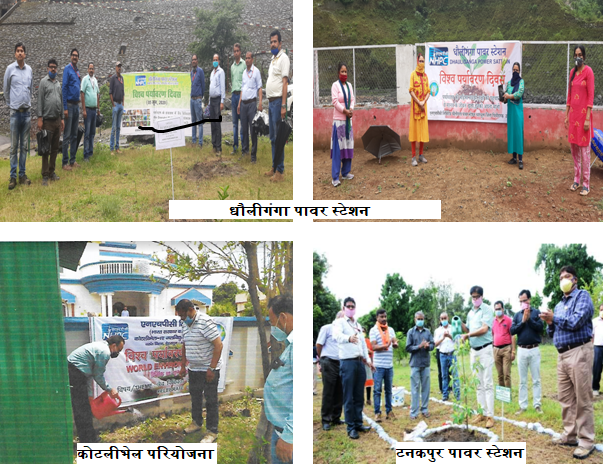
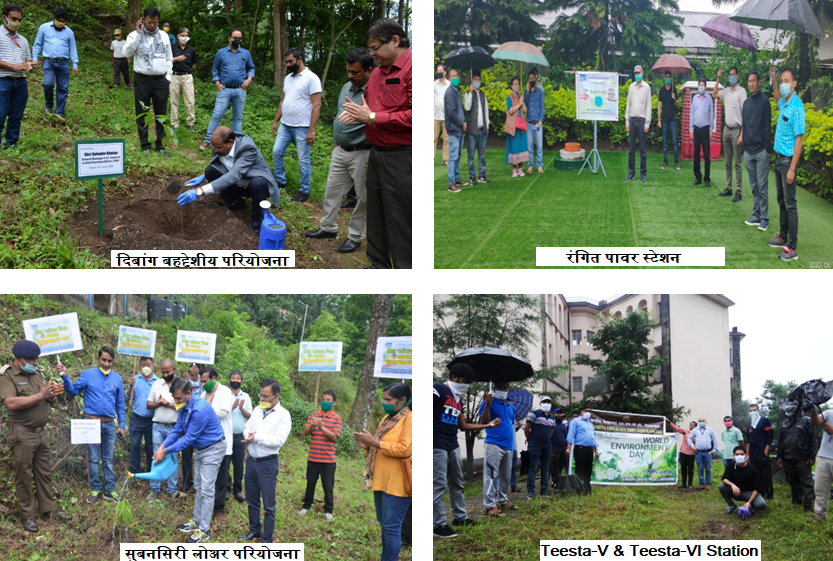
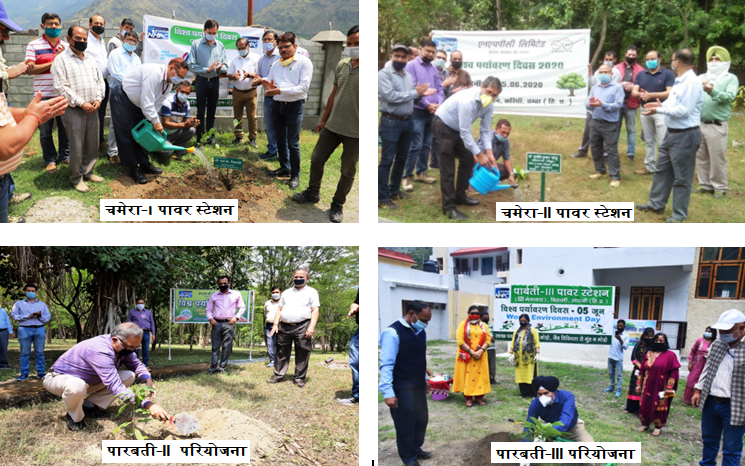

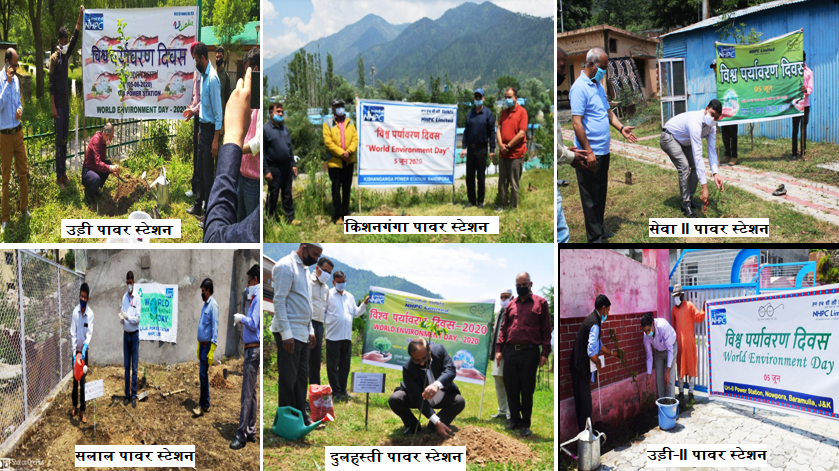
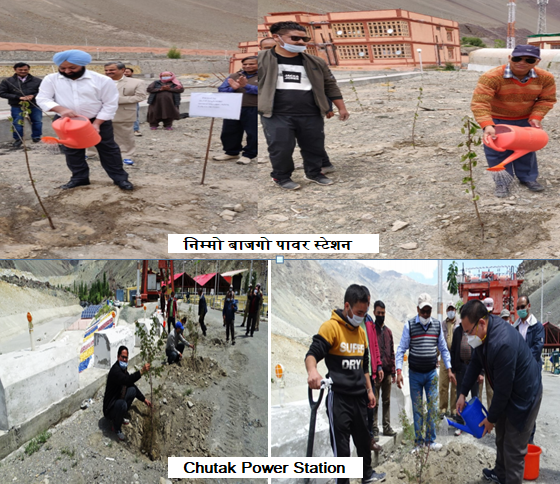
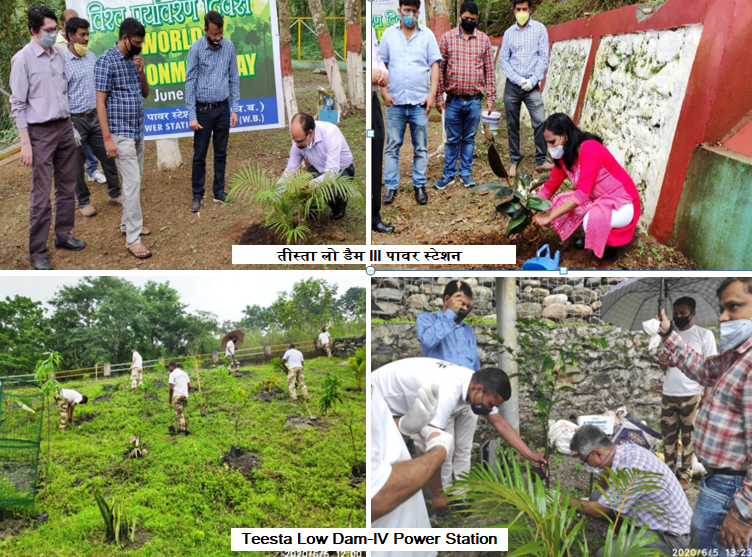


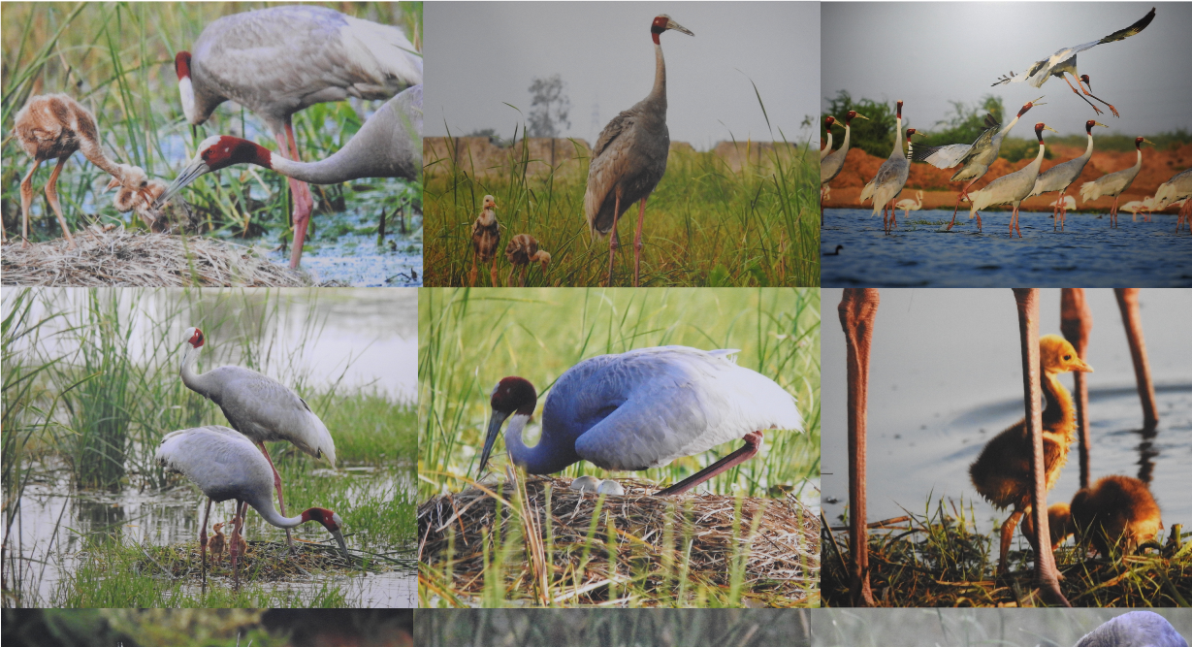
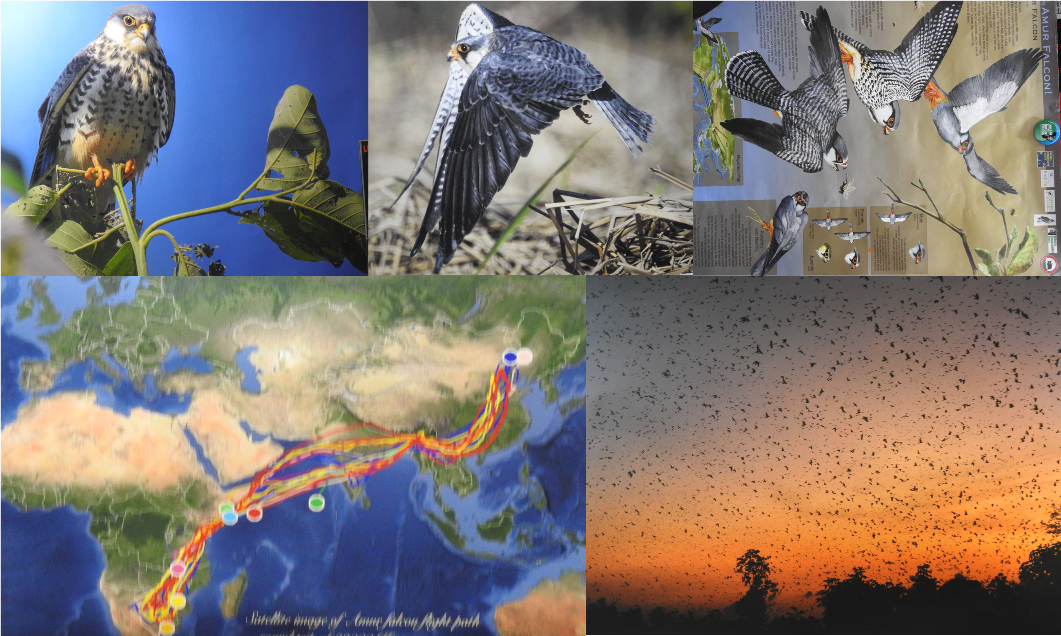




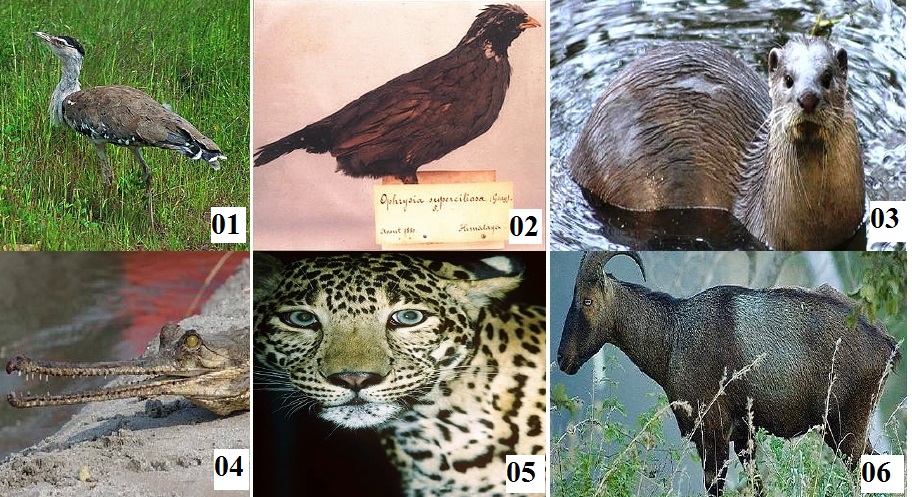

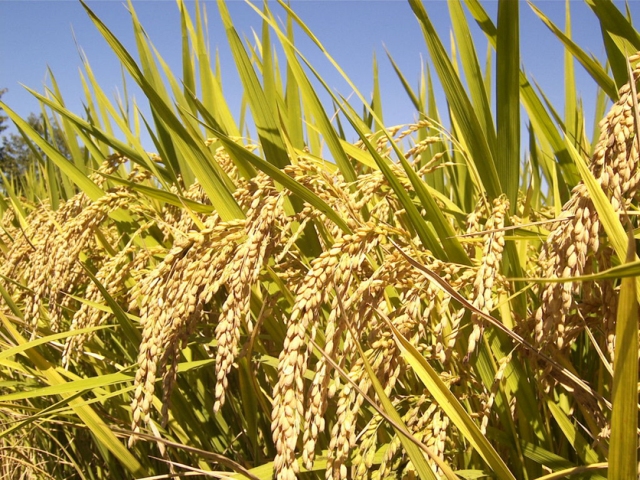


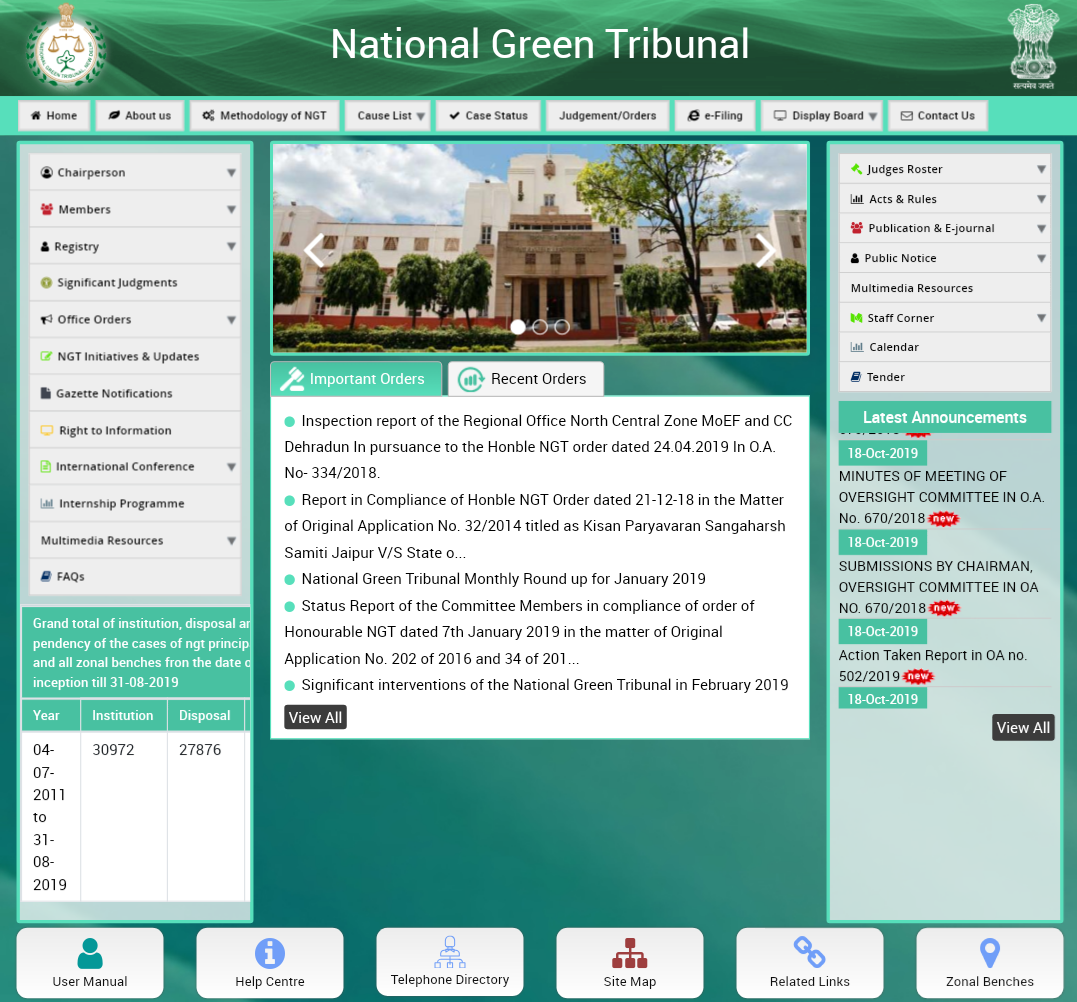
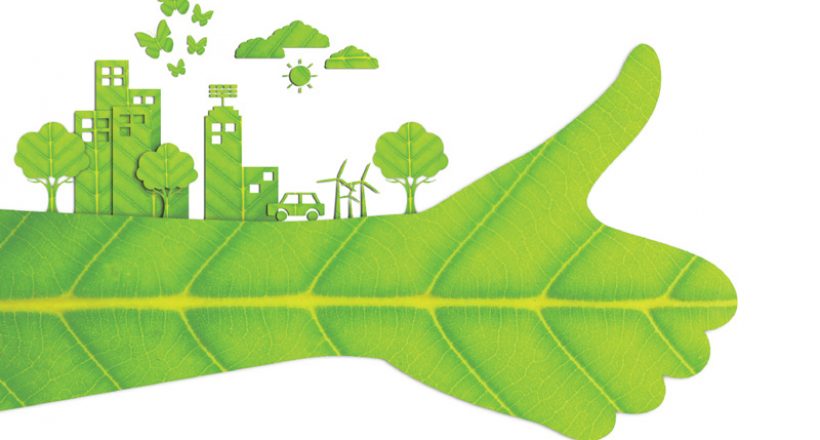
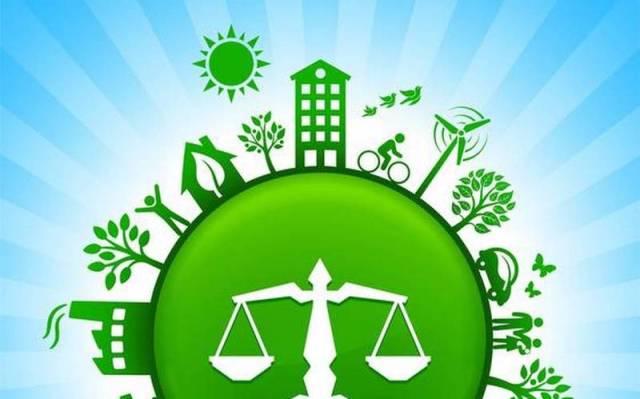



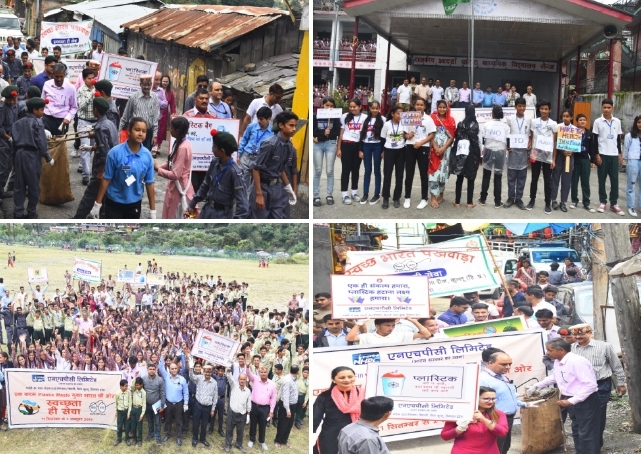



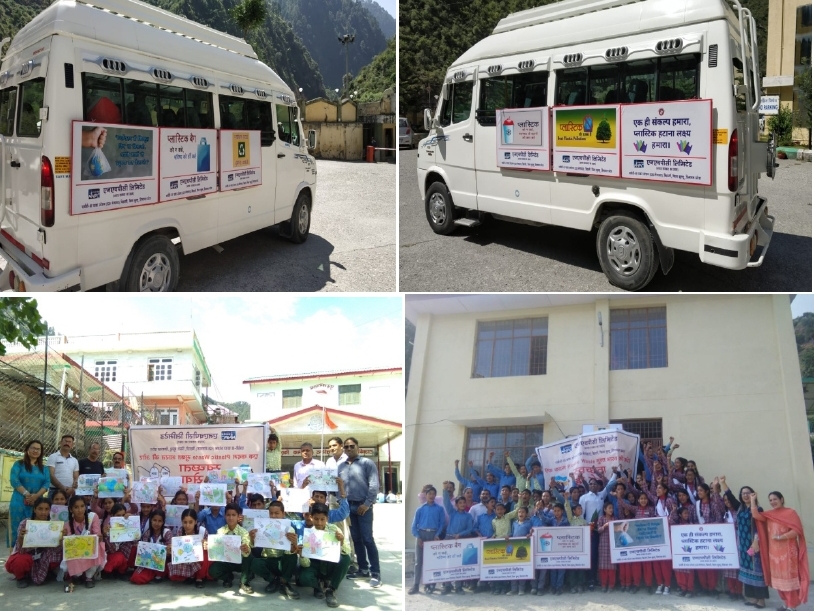
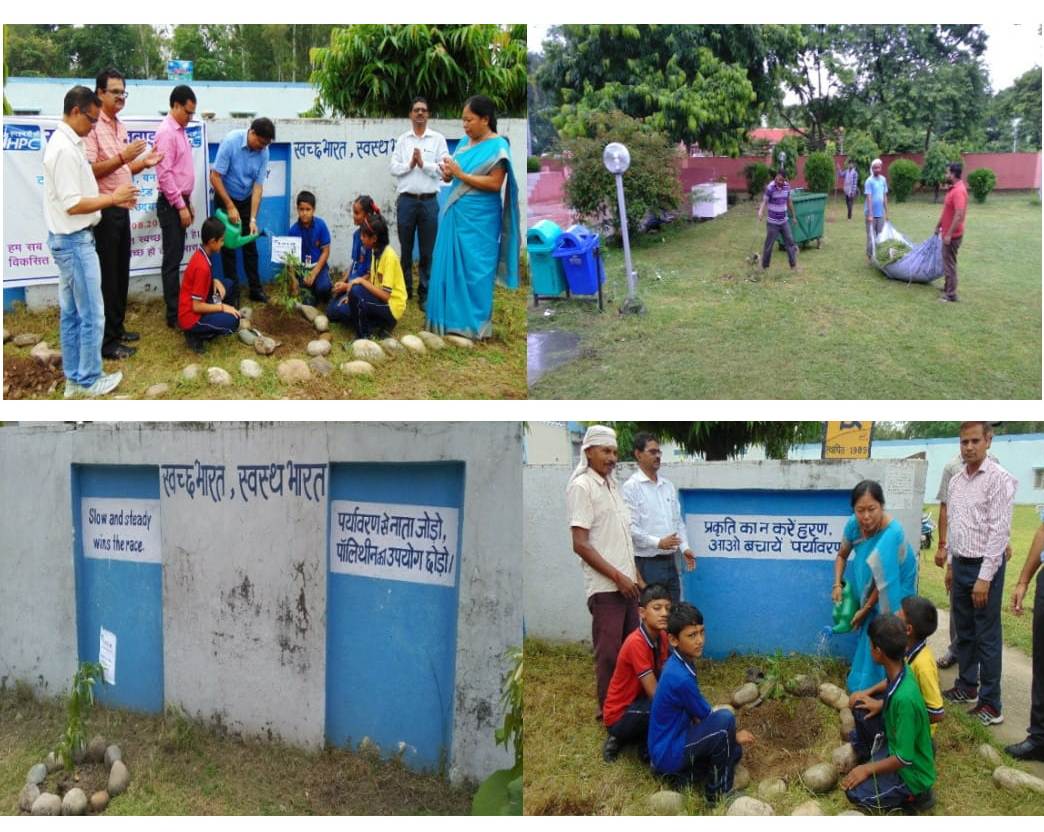

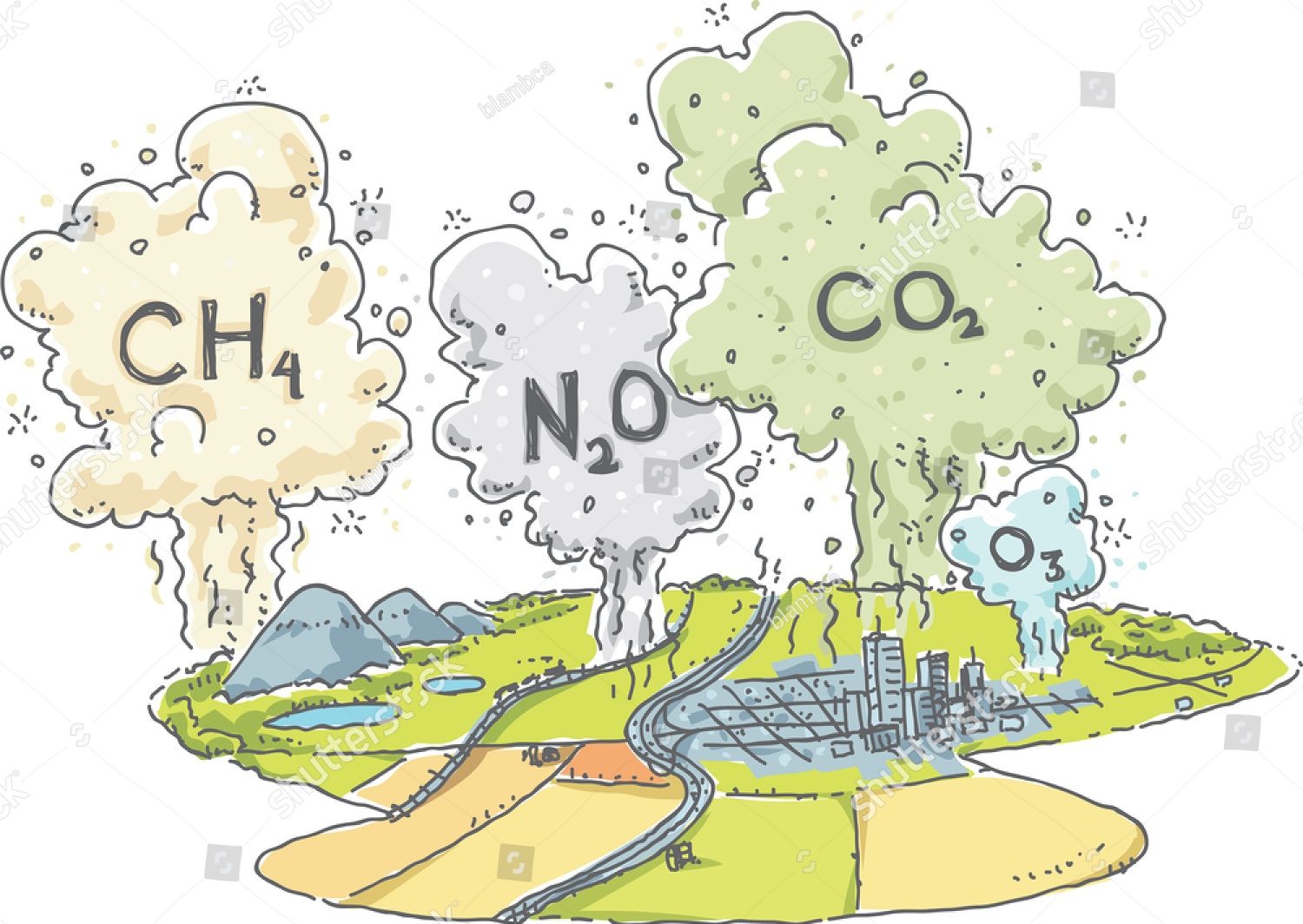



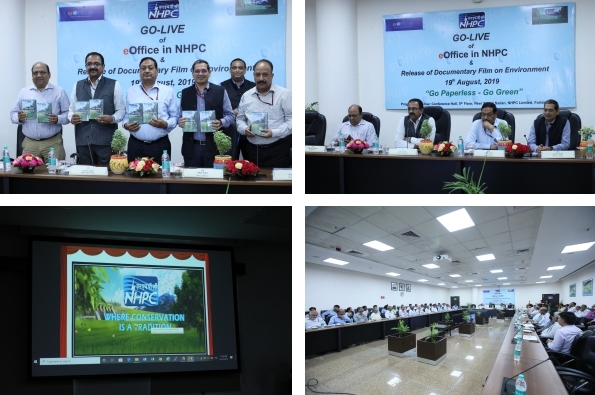







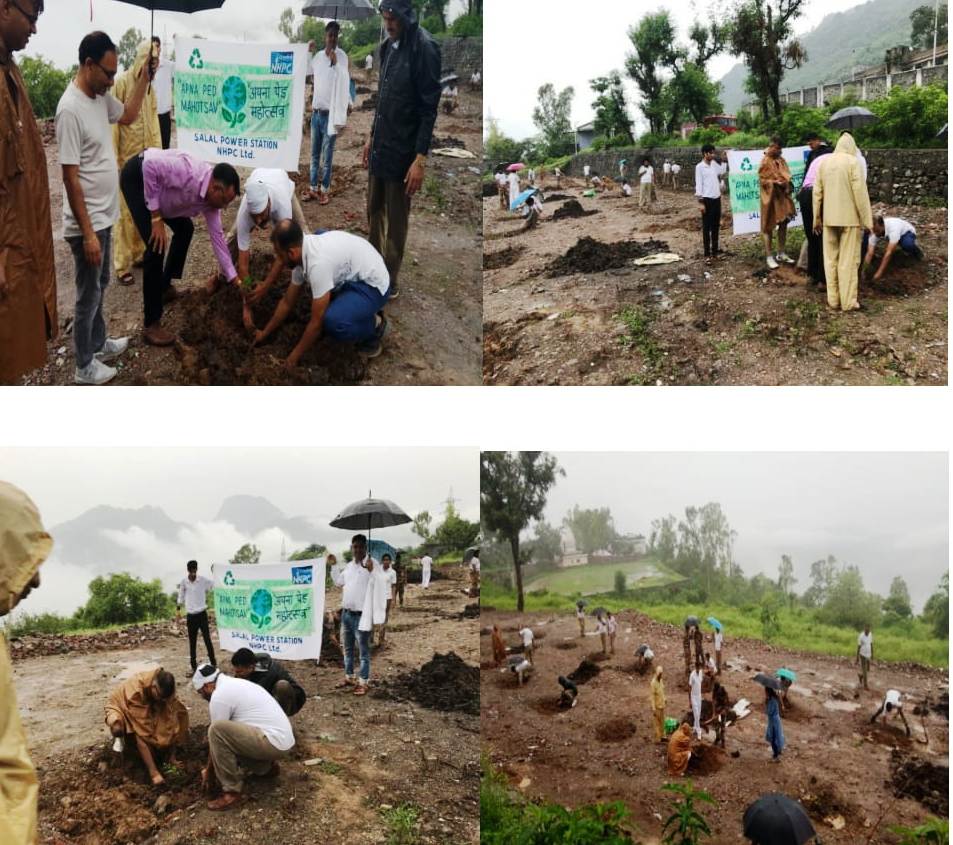

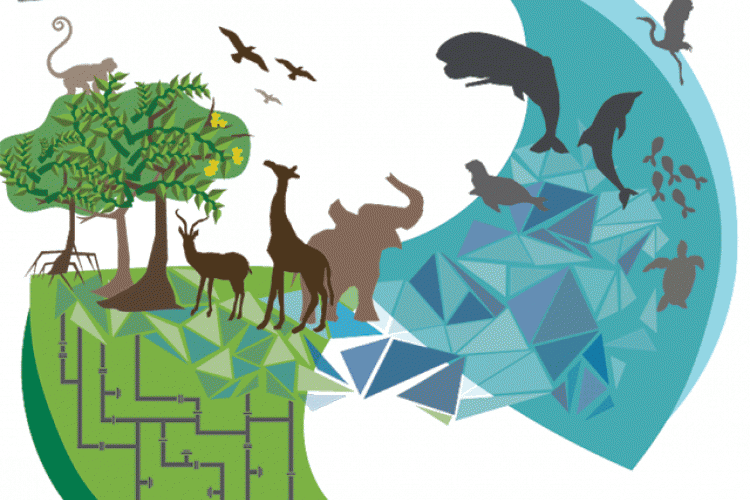

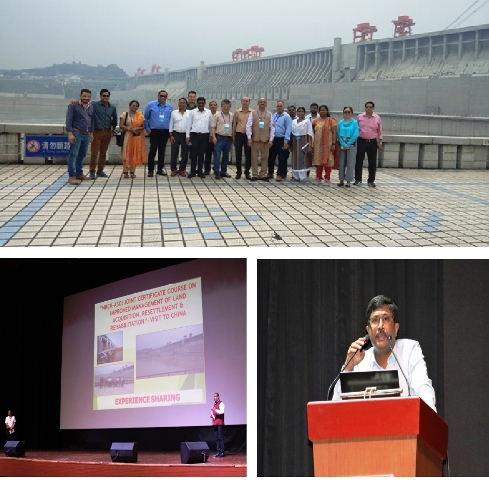

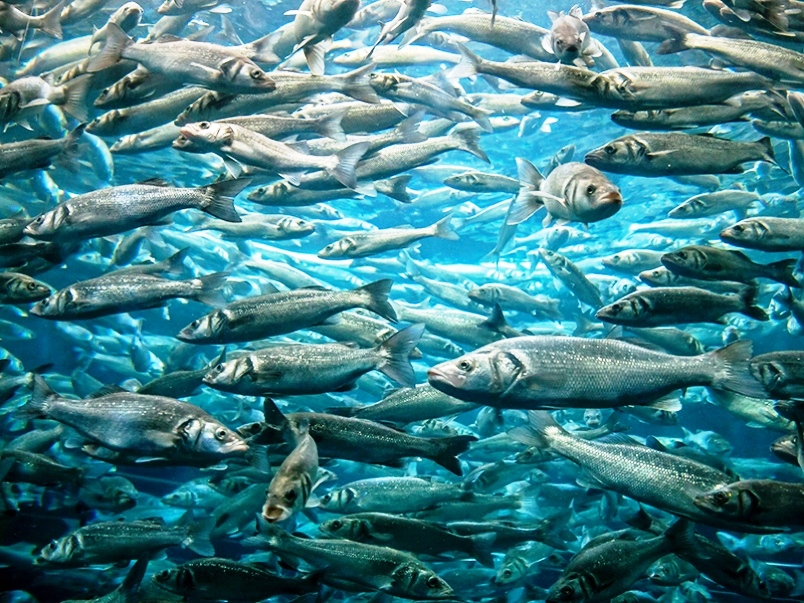






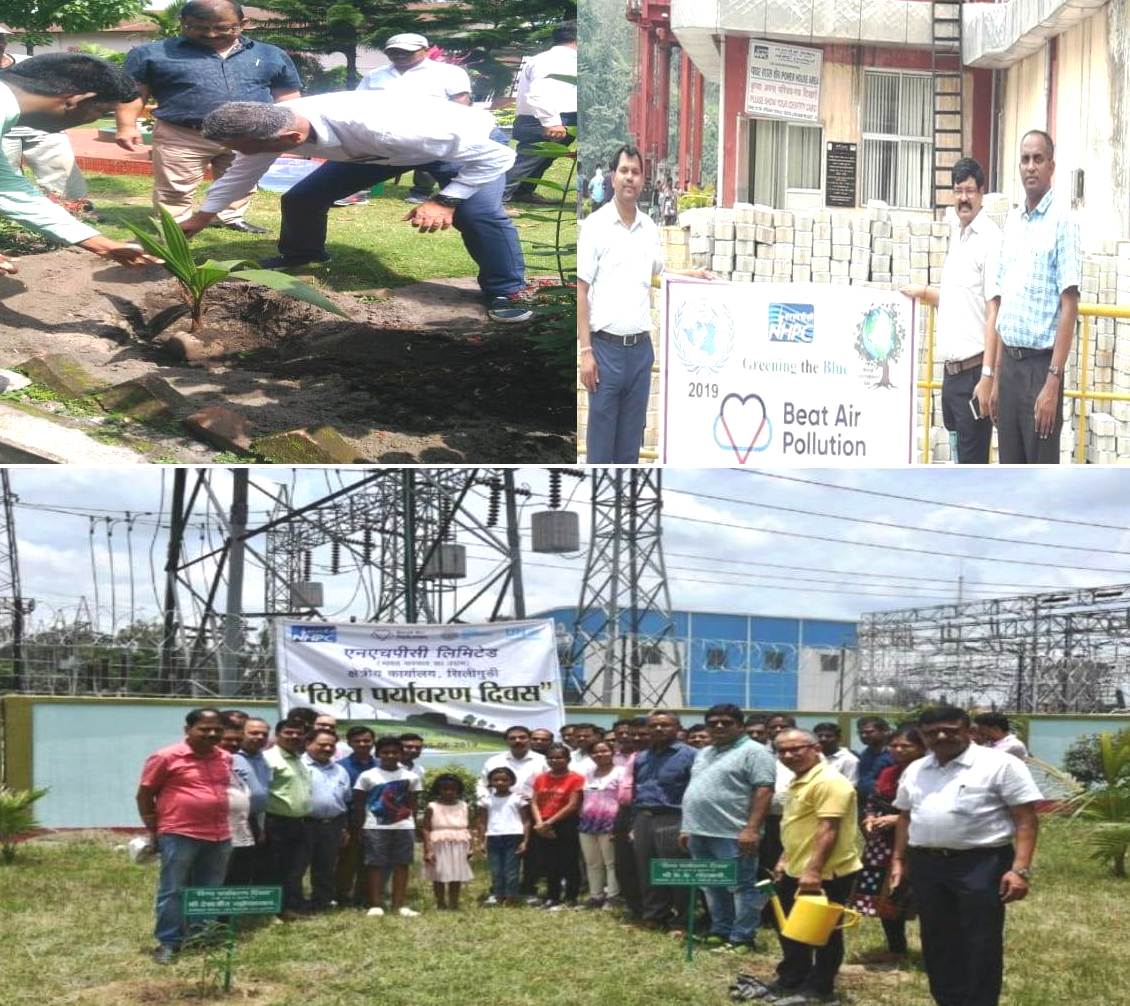

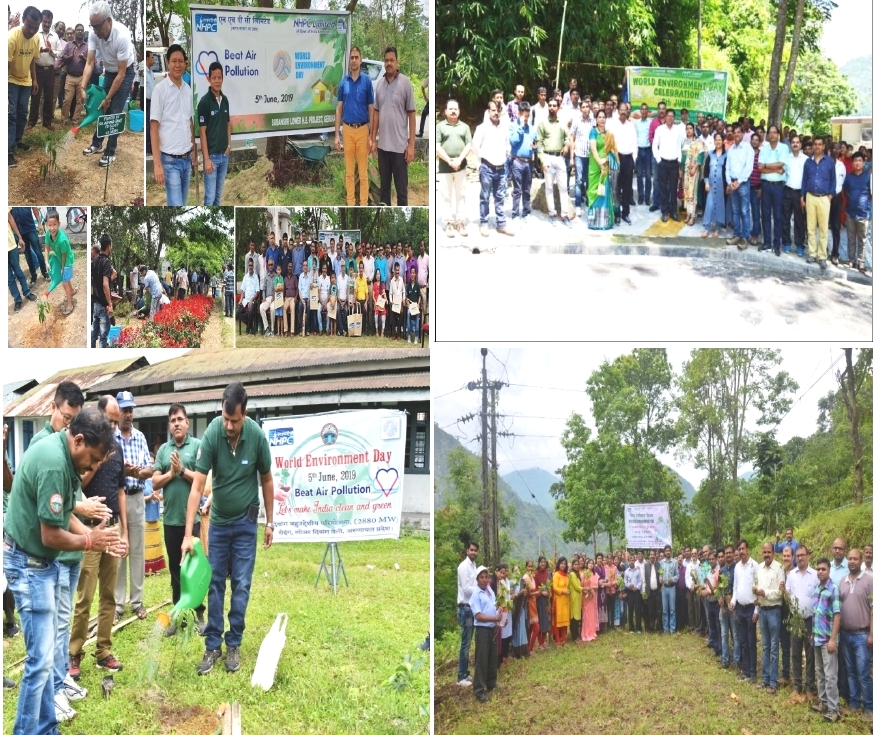
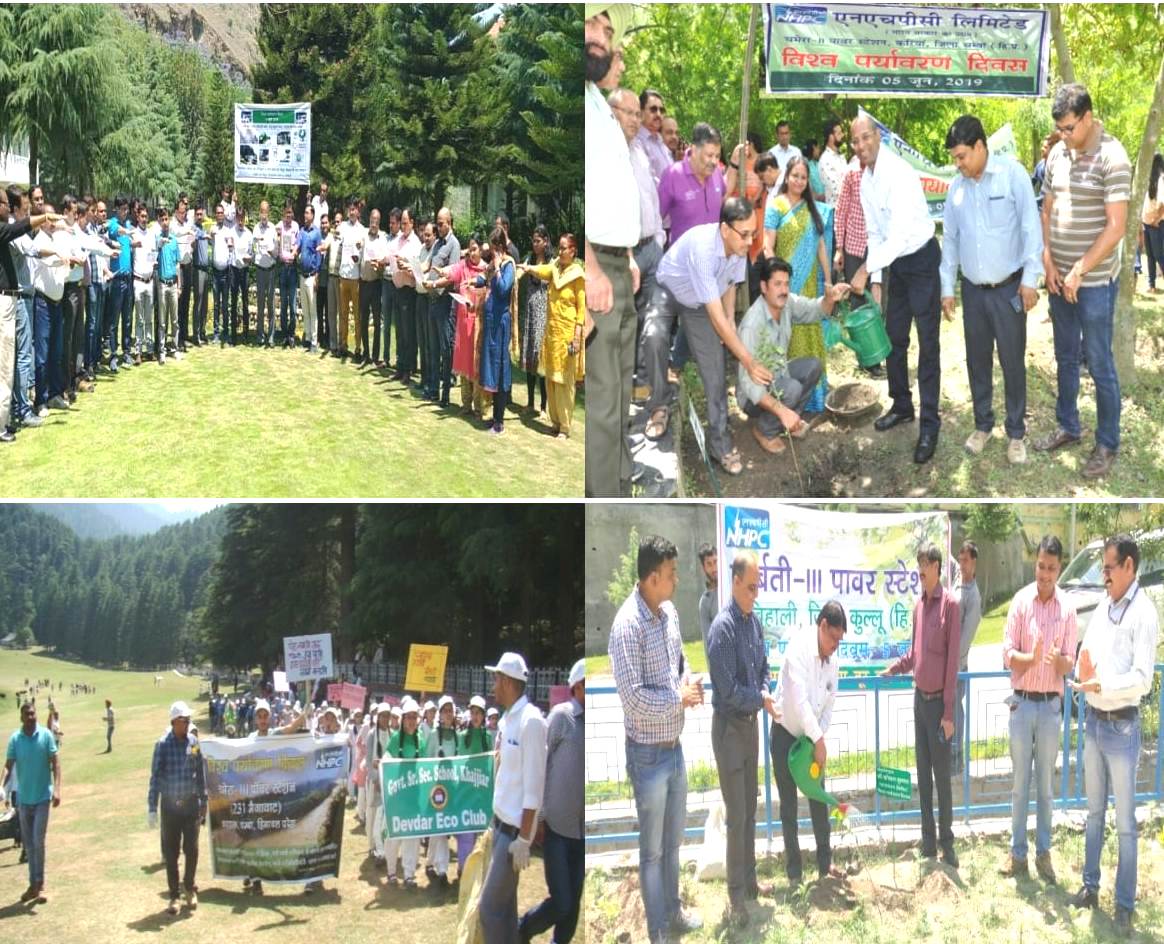



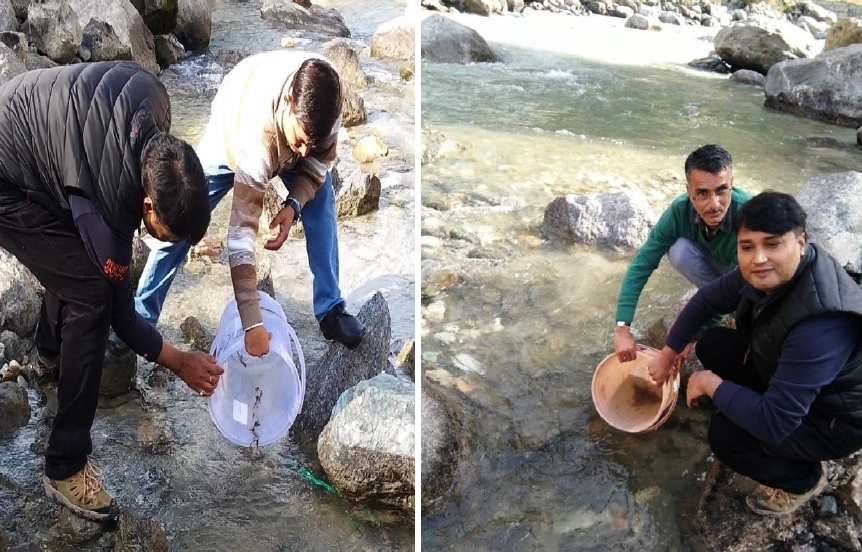


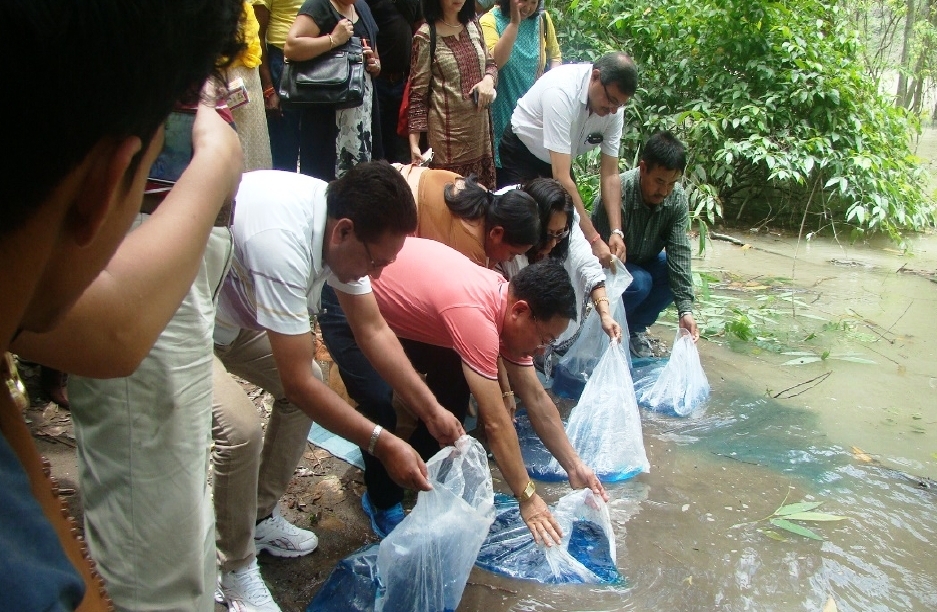




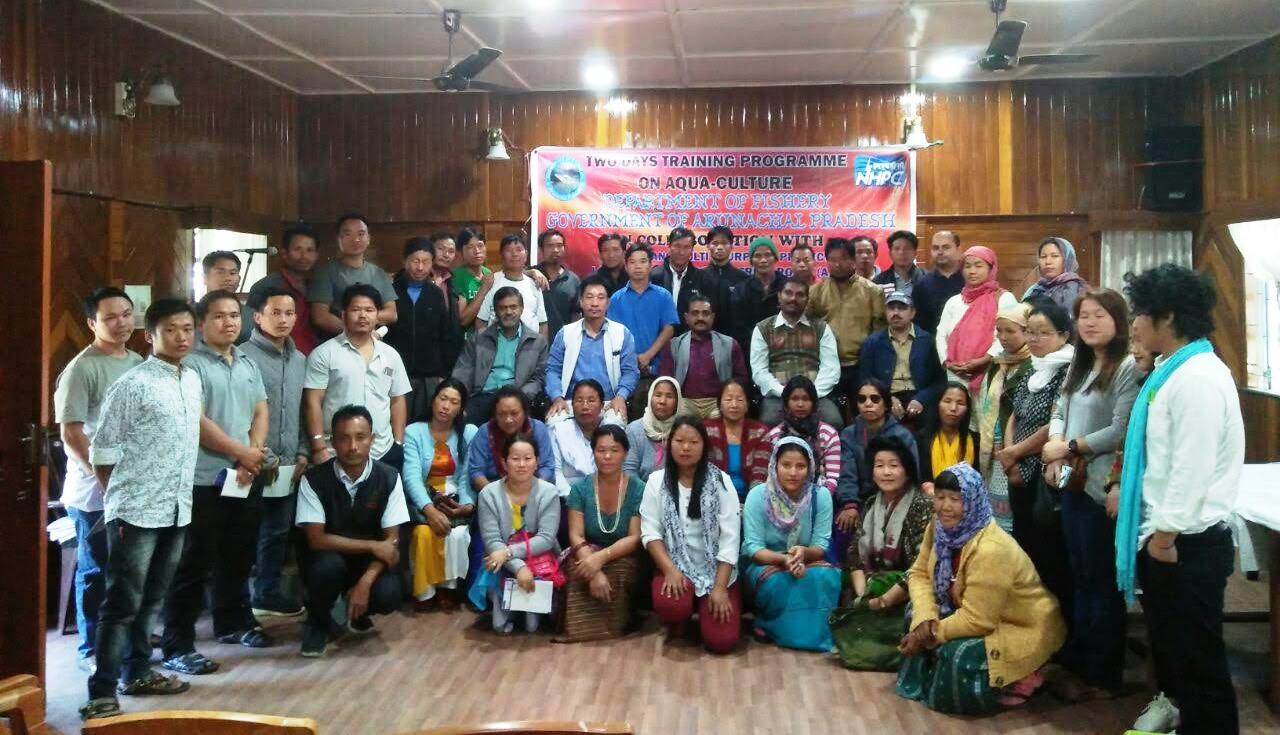
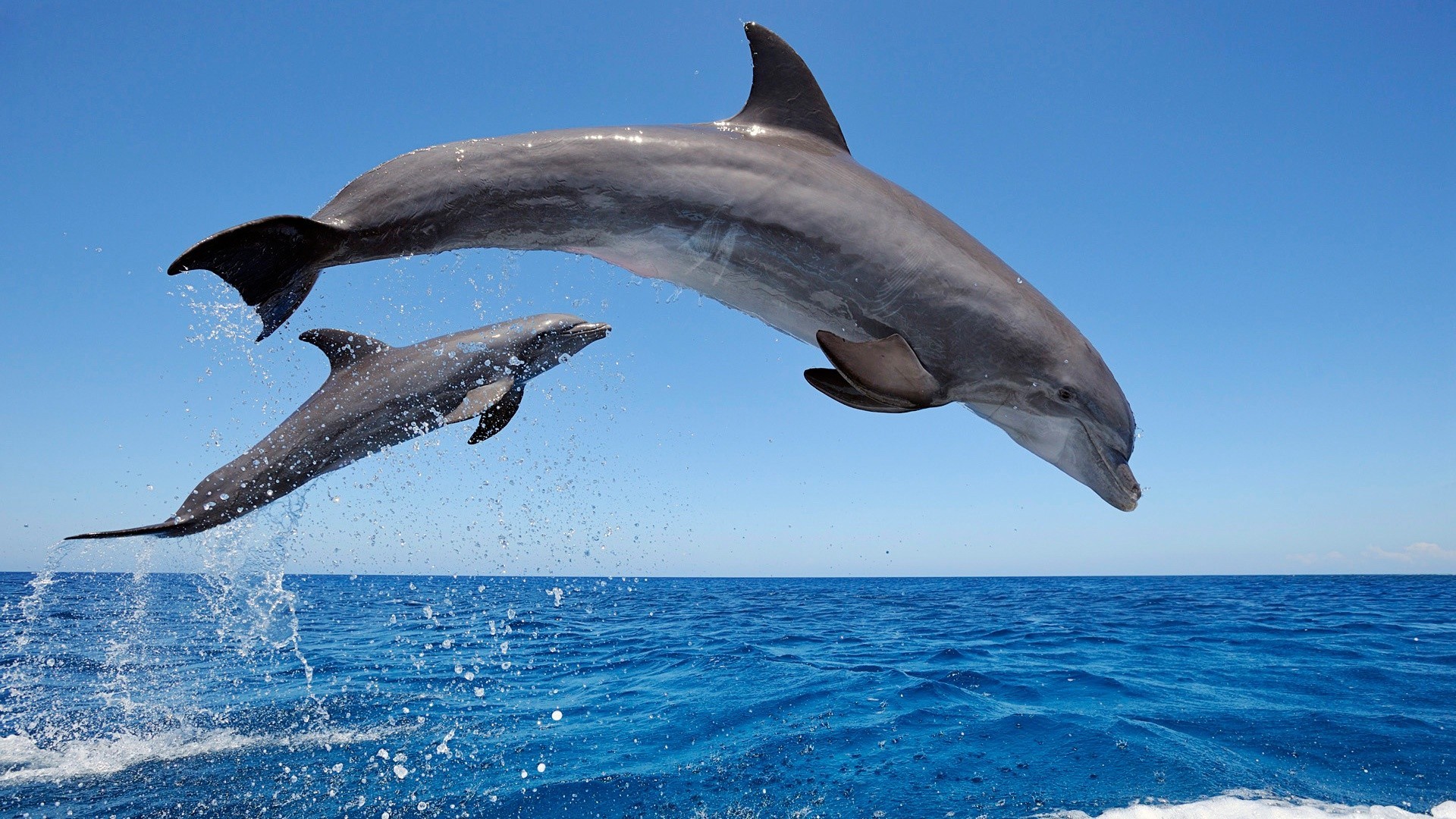











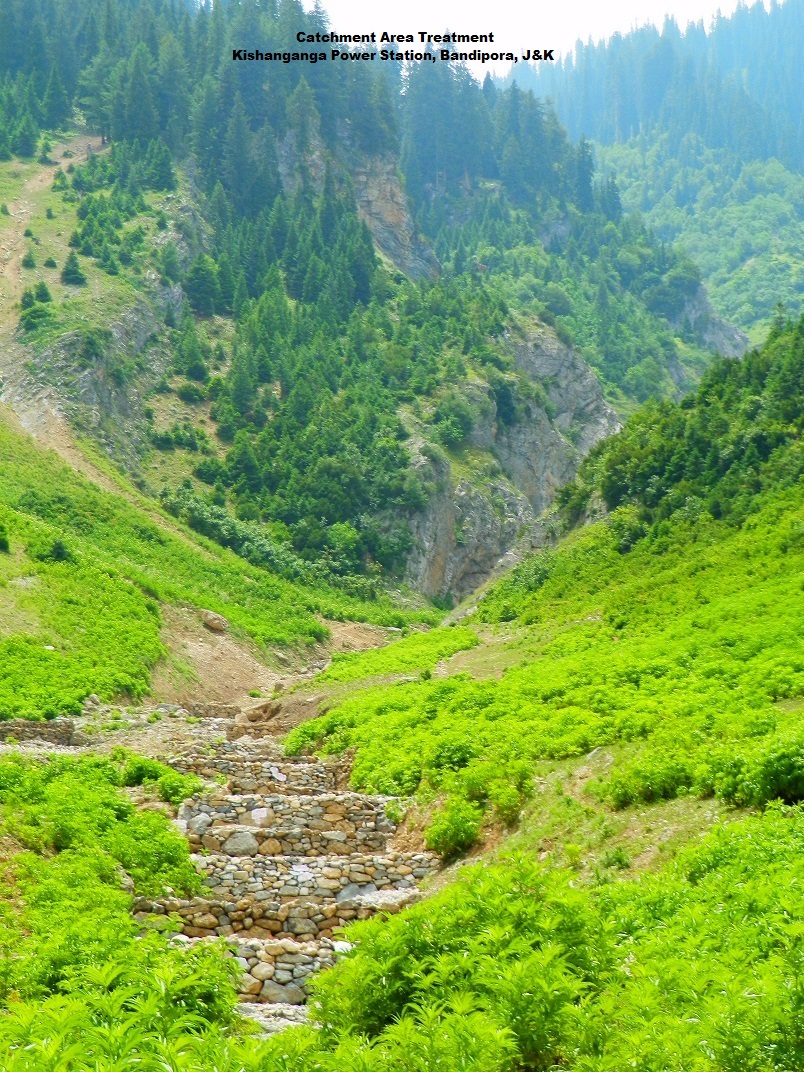
Leave a Reply